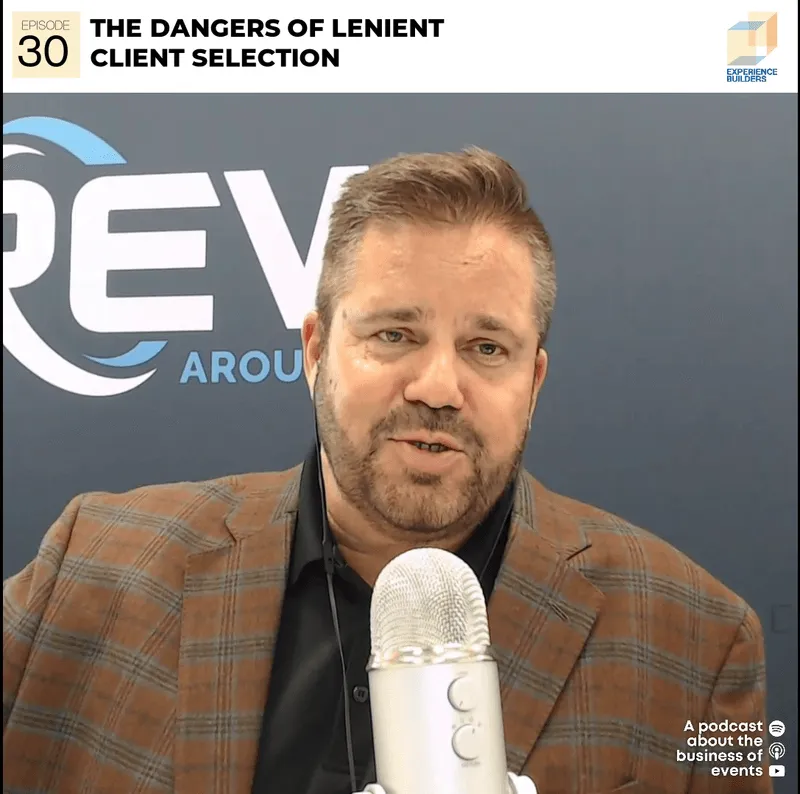In spite of the blizzard that pummeled Philadelphia resulting in cancelled flights, icy roads and delayed trains, approximately 165 corporate exhibit managers, medical association personnel and suppliers attended the 2014 HCEA Marketing Summit on Jan. 22-23.
Borrowing the format of CEIR Predict, the Summit planners designed the meeting so that all attendees remained in the same room for the entire program. Because of this, the Summit could effectively deliver a cohesive theme: Proving Value in Today’s Healthcare Industry.

Taking advantage of the annual meeting of the International Pharmaceutical Congress Advisory Association (IPCAA) held in Philadelphia prior to the Summit, the opening panel featured the co-presidents of IPCAA, Christian-Claus Roth and Martin N. Jensen, both of Novartis, teaming up with Kate Spitler from Digestive Diseases Week and Diane Wilhelm from Celgene for a presentation and panel discussion on “The Changing Face of the Congress Dynamic in the Age of Transparency.” The session, which explored new reporting mandates, was moderated by Ed Silverman, founding editor of Pharmalot.
Next, Dr. William Trombetta from St. Joseph University’s in Philadelphia presented a class on marketing strategy, a continuation of the senior level education that was initiated at HCEA’s 2013 Annual Meeting and which will be continued at HCEA’s 2014 Annual Meeting in June.
The Summit saw the inauguration of HCEA’s new mentoring program. Those who wanted mentors networked with members who expressed a willingness to mentor at a special reception prior to the larger opening reception.
Value, Value, Value
The keynote speaker on day two, Michael McLinden, partner and chief strategy officer at Mc/K Healthcare in Boston, directed the audience’s attention to “Creating, Delivering and Getting Compensated for Value in the Coming Decade.” McLinden’s address focused on the pillars of the health care value proposition: Belief, Attitude and Context. He explored the current perception of the industry and the way patients experienced it—through the local pharmacist and direct to consumer (DTC) advertising. He suggested we look for new solutions for the contemporary challenges to communicating value, rather than throwing 20-year-old ideas at new realities.
A panel of city convention center managers talked about the realities of site selection, a major factor in managing association meetings. Then Jim Wentworth, director, healthcare solutions specialties at Sanofi, talked about the new marketplace: Accountable Care Organizations (ACOs) and Integrated Delivery Networks (IDNs) and how the development of these organizations is changing the nature of health care delivery to Medicare patients in the case of the former and maximizing resources in a specific geographical area in the latter. The value proposition evident in the creation and increasing sophistication of these organizations continued the consistency of the Summit message.

Questions asked, Answered, Unanswered
After lunch, Toula Bellios from the Centers for Medicare and Medicaid Services (CMS) reviewed the current status of the open payments program, popularly known as the Sunshine Act, part of the ACA. Taking questions from the audience, Ms. Bellios was able to shed some light on the current status of compliance interpretation of the Sunshine Act and on areas where answers still need to be forthcoming.
Young brand marketers then talked about marketing in the health care industry on a panel named “Narrowing the Gap.” Chaired by Eric Greenberg, managing director of executive education for the center of management development at Rutgers, the discussion shed light on the new health care marketing environment and how up and coming brand marketers perceived the opportunities to advance the value proposition.
Finally Michael McLinden joined Judy Lewis, director, corporate alliances at American Diabetes Association (ADA), to talk about reaching patients. McLinden reviewed the long anticipated, very recently (Jan. 14) issued FDA guidance on social media while Ms. Lewis talked about patient events and the exhibiting/educational growth and community involvement at ADA’s Diabetes Expo program, held across the country. The ADA expo is a potential model for other patient education programs as the ACA increases awareness of health management.
A wrap up session that included members from each membership segment confirmed the casual opinions heard at breaks: that the 2014 HCEA Marketing Summit was one of the best ever and that the challenge of communicating value was one that attendees could meet.































